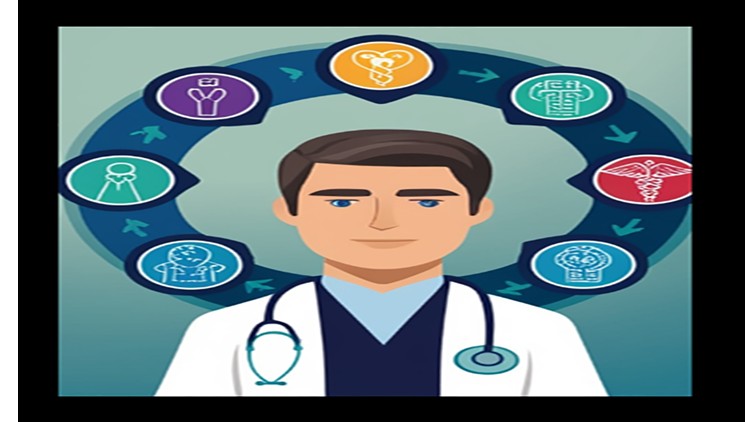
what I wish to know about medical ethics before I became adductor
Why take this course?
🙌 Course Title: Medical Ethics for Medical Students & Healthcare Professionals
🎓 Course Headline: Everything You Need to Know About Medical Ethics Before You Become an Aductor in Healthcare
Unlock the Moral Compass of Medicine with Our Comprehensive Medical Ethics Course! 🏥✨
Medical ethics isn’t just a set of rules; it’s the heart of healthcare. It’s about making the right decisions at the crossroads where science, medicine, and compassion meet. As a medical student or healthcare professional, you are stepping into a field where ethical dilemmas are as commonplace as stethoscopes. 📚💪
Key Principles of Medical Ethics:
Medical ethics is grounded in several core principles that every healthcare provider must understand and apply:
- Autonomy 🗝️: Uphold patients’ rights to make their own healthcare decisions, ensuring they are fully informed about their conditions and treatments.
- Beneficence ❤️: Always act with the intention of doing good, promoting your patients’ well-being and quality of life.
- Non-Maleficence 🚫: Adhere to the principle of “do no harm” by carefully considering the risks and benefits before recommending treatments or procedures.
- Justice 👀: Ensure equitable healthcare, where treatment decisions are made without bias towards race, gender, financial status, or social class.
- Confidentiality 🤫: Maintain patient confidentiality at all times, safeguarding their personal health information, and only share it when necessary or by law.
- Veracity 🔍: Promote honesty in every aspect of care. Disclose all relevant information about diagnoses, treatments, and prognosis to patients.
- Fidelity 🤝: Remain loyal and faithful to the medical profession’s ethical standards and commitments made to your patients.
Applications of Medical Ethics:
Medical ethics directly influence various aspects of healthcare. Here’s how these principles are applied in real-world scenarios:
- End-of-life care 🌱: Navigate ethical considerations around end-of-life decisions, including euthanasia and palliative care while honoring patients’ end-of-life wishes.
- Informed consent 📝: Engage in meaningful conversations with patients to ensure they fully understand the risks, benefits, and alternatives of treatments.
- Resource allocation 🔄: Make fair decisions about the distribution of limited medical resources, ensuring that care is accessible to those who need it most.
- Confidentiality issues 🛡️: Grapple with situations where patient privacy must be balanced against public health imperatives (e.g., managing contagious diseases).
Join us in this enlightening journey through the intricacies of medical ethics. Gain the knowledge and confidence to navigate the ethical landscape of healthcare, make informed decisions, and uphold the highest standards of patient care.
Enroll now and become a pillar of integrity and moral fortitude within the healthcare community! 🏫✨
About the Instructor:
Mohamed AL-Ashram is a respected medical ethicist with years of experience in teaching and practicing medical ethics. His expertise and passion for the subject will guide you through the complex and compelling world of medical ethics, preparing you to face any ethical challenge that comes your way. 👩⚕️📖
Don’t miss this opportunity to enhance your understanding of medical ethics and become a conscientious healthcare professional! 🌟🔬